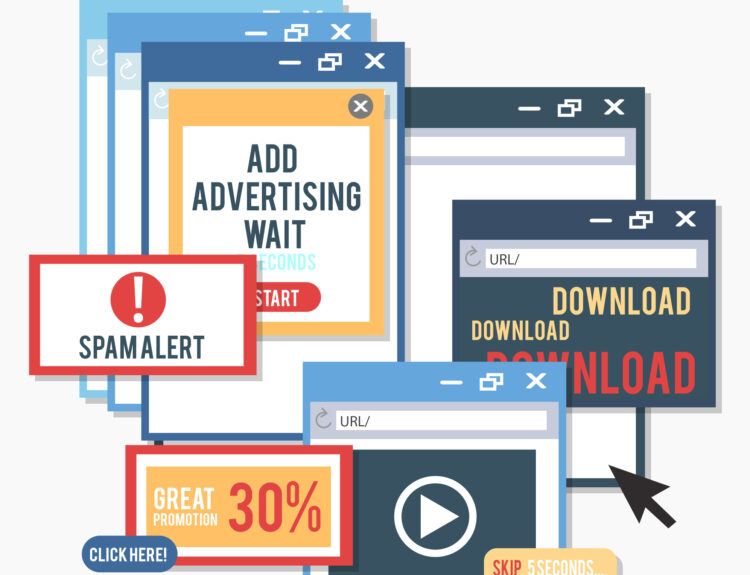The ZBD Gen Z Gamer Study has provided in-depth insights into the pivotal role of video gaming in the lives of 18-25-year-olds, detailing how they play, socialize, express themselves, and interact with brands and influencers.
Surveying over 2,000 Gen Z gamers in the US, the study offers valuable perspectives for brands, advertisers, game developers, and publishers. Gen Z’s spending power in the US is estimated to exceed $360 billion, with many more yet to enter adulthood. Remarkably, 65% of respondents spend more than three hours a day playing video games, and 72% feel they can be their authentic selves while gaming online. This makes gaming a crucial avenue for engaging with Gen Z meaningfully. The study suggests that to connect with this demographic, businesses may need to reassess traditional models and assumptions regarding identity, social interaction, entertainment, and the economy.
Key Findings from The ZBD Gen Z Gamer Study:
- Gaming Habits and Authenticity: 65% of Gen Z gamers play video games for over three hours daily. While 72% say they can be their authentic selves online, 34% find the online gaming environment too toxic.
- Preferences and Advertising Impact: Casual mobile games, typically monetized through advertising, are the most popular among Gen Z gamers, with 57% favoring them. However, 43% believe that ads ruin the gaming experience.
- Brand Engagement: A notable 81% of Gen Z gamers have played or are willing to play video games entirely based on non-gaming brands, like Nikeland in Roblox.
- Influencer Trust and Rewards: 67% of Gen Z gamers would trust a brand more if it engaged with influencers or content creators they follow, and 80% want fair compensation for influencers and creators.
- Side Hustles and Cryptocurrency: 70% of Gen Z gamers engage in side hustles to make money, and 47% agree that “Bitcoin is real money.” Additionally, 74% would be more receptive to ads in games if rewarded with Bitcoin.
- Platform Preferences: Males predominantly engage with influencers on YouTube (79%), while females prefer TikTok (75%). Influencer Andrew Tate is notably polarizing, being both the most liked by males and the most disliked by females.
Ben Cousens, chief strategy officer at the payment platform ZBD, emphasized the distinct digital-native nature of Gen Z, noting the generational shift in digital entertainment consumption and the importance of authenticity and fairness in engaging this demographic.
Deeper Insights into Gen Z’s Gaming World:
- Social Experience: 43% of Gen Z gamers view gaming as more about the social experience than the game itself. However, only 55% feel safe while gaming online, with a significant 34% citing toxicity as a major issue.
- Ad Tolerance: While 50% of Gen Z gamers find ads slightly annoying but tolerable in free games, 43% believe that advertising is so disruptive it ruins the experience. A significant 74% would be more receptive to in-game ads if they were compensated with Bitcoin.
- Data Privacy Concerns: 42% of Gen Z gamers feel that big gaming companies have too much data about them, with only 18% disagreeing.
- Cryptocurrency Engagement: 23% of Gen Z gamers own Bitcoin, and 51% would be interested in games offering Bitcoin rewards, compared to 22% who are not interested.
Gen Z’s Commitment to Gaming:
- Gaming Frequency and Expenditure: 65% play video games for more than three hours daily, and 53% spend over $20 per month on games.
- Subscription Services: 54% have a gaming subscription, nearly as many as those with music (65%) or video/movie subscriptions (71%).
- Monetary Side Hustles: 70% of those surveyed engage in some form of side hustle, including social media content creation (29%), streaming (15%), and podcasting (7%).
The Influence of Content Creators:
- Brand Activations in Games: 81% of Gen Z gamers have engaged with or would engage with games from non-gaming brands.
- Influencer Trust: 67% trust brands more if they are endorsed by familiar influencers or creators, and 80% believe it’s important for influencers to receive fair compensation for their brand engagements.
- Platform Preferences: Males favor YouTube for influencer engagement, while females prefer TikTok.
Corey Ellis-Johnson, a 19-year-old Gen Z marketing advisor, emphasized the importance for game developers to understand Gen Z behaviors to enhance game objectives and player retention by refining based on player data and heatmaps.
Conclusion:
The ZBD Gen Z Gamer Study highlights the deep integration of gaming in Gen Z’s lives and the significant impact of advertising, influencer engagement, and monetary rewards on their gaming experience. To effectively engage with this demographic, brands and game developers must prioritize authenticity, fairness, and an understanding of Gen Z’s unique digital-native behaviors.






